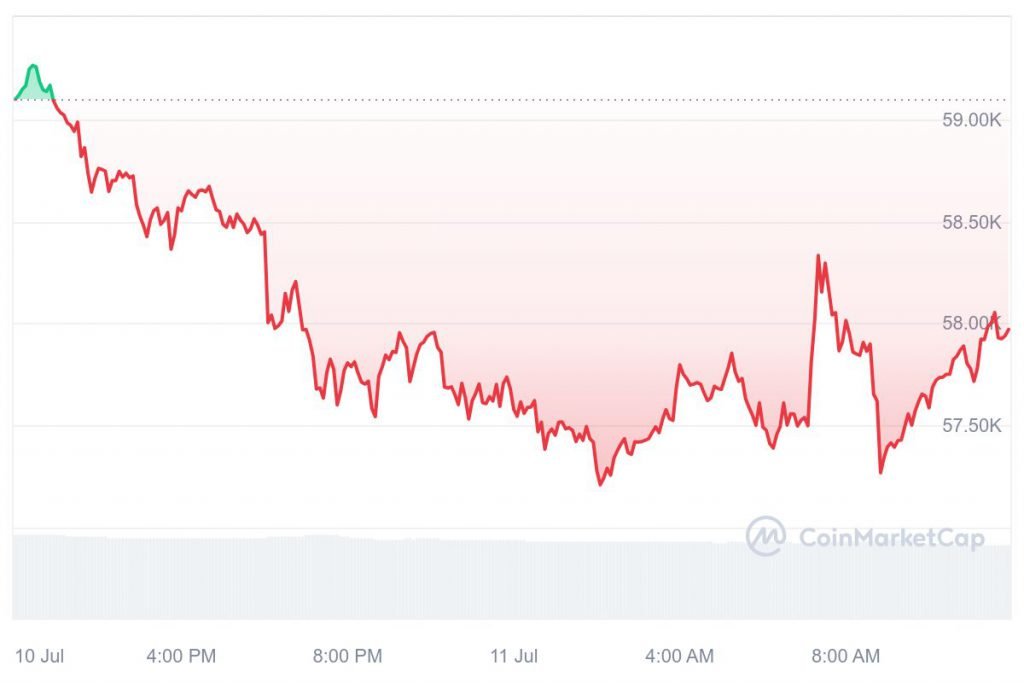
As reported by the Nigerian newspaper, The Punch, the labor group is currently awaiting the conclusion of the negotiations between Organised Labour, the Federal Government, and the Organised Private Sector, to determine the minimum wage.
Should the negotiations fall through, the NLC plans to keep true to its threats and shut down the nation for a month. The last strike the group embarked on saw an abrupt halt in economic activities across numerous states.
It also precipitated a nationwide power outage and hampered the provision of key services.
Speaking on the fringes of the 67th Nigeria Employers’ Consultative Association Annual General Meeting in Lagos, NLC President Joe Ajaero made it known and clear where the union stands.
“The very moment the House of Representatives and the Senate come up with such a law that will not benefit Nigerian workers, they will be their drivers and gatemen, and there will be no movement for one month. We cannot accept any situation where the governors and the National Assembly members will foist a slave wage on workers and force poverty on the citizens. Organized Labour will not accept it,” the NLC president stated.
“The so-called decentralization of wages to pay somebody here less than what the other person is receiving is against the concept of equity and equality before the law,” he added.
Speaking further on the subject of decentralized wages, the NLC President stressed; “There is no governor that is not receiving the same thing nationwide, they are not receiving according to their revenue in their states, but they want that of the workers to be so. So, the issue of using revenue as a basis for the payment of minimum wage is a lame one. If any governor is making that argument, then he doesn’t know what governance is all about.”
Back in May, the Nigeria Labour Congress (NLC) and the Trade Union Congress of Nigeria (TUC), following the joint National Executive Council (NEC) meeting warned of a massive strike if they don’t soon see any change to the minimum wage.
The Unions demanded that the government implement the new minimum wage before the 31st of May. Unfortunately, they failed to take the Unions seriously and a strike quickly ensued.
The one-day strike stressed the country’s economy, leading to the loss of billions.
Loss from the last NLC strike
Nigeria suffered a substantial decrease in revenue across several industries during the day-long labor strike. The oil industry suffered the most significant setback, losing billions of Naira. This was based on calculations comparing the price of Brent crude oil to Nigeria’s daily oil output volume.
According to a report in the Nigerian publication The Punch, the shutdown of the oil sector probably cost Nigeria N148.8 billion.
The Nigerian Upstream Petroleum Regulatory Commission’s most recent statistics indicated that Nigeria produces 1,281,478 barrels of crude oil per day (not including condensates).
On the day of the strike, the price of a barrel of crude oil, as determined by Brent, was $78.27. The official rate of exchange between the US dollar and the Nigerian Naira was N1,483.5.
These numbers indicate that Nigeria is thought to have lost N148.8 billion just on a one-day strike.









